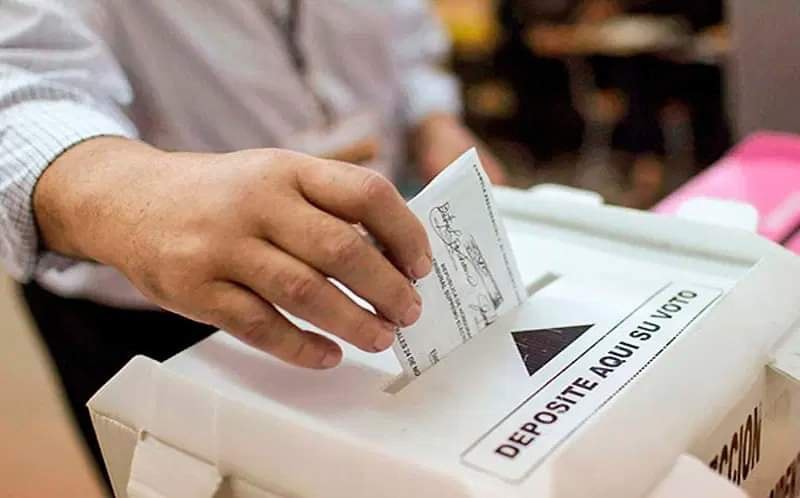With under two months remaining until the general elections planned for November 2025, experts in electoral processes are cautioning about potential irregularities that might impact the elections’ transparency and outcome. The focal point is the National Electoral Council (CNE), as its management and oversight of critical systems are being scrutinized.
Management of systems and potential influence
Based on experts’ insights, some figures associated with the governing LIBRE party are said to have power over the TREP (Transmission of Preliminary Election Results), which is the system for reporting early voting outcomes. This condition, specialists suggest, might enable the alteration of outcomes or cause delays in their release, potentially benefiting the ruling party’s nominee, Rixi Moncada.
The management of the TREP is not the sole issue. Reported sources suggest that the influence network might encompass established political organizations, companies involved in election technology, and financial entities capable of affecting the election’s logistics, potentially hindering the assurance of a fair process. Furthermore, the marginalization of new parties and the legal action against opposing candidates are noted as tactics that restrict genuine competition and impact voter involvement.
Precedents and logistical challenges
The background to the March 2025 primary elections reflects difficulties that generate mistrust. The distribution of electoral material was the responsibility of officials linked to LIBRE, which caused delays in the delivery of ballot boxes and failures in transport logistics. Experts point out that these situations could be repeated in November, increasing the perception of irregularities and reinforcing narratives of fraud.
These warnings also include the possibility that discourse on fraud could be used as a political tool to discredit adverse results, encourage street protests, and generate social tensions before election day. According to analysts, the combination of partial institutional control and polarizing discourse increases the risk of a democratic crisis.
Consequences for administration and civic engagement
The current scenario poses challenges for governance and trust in institutions. The narrative of electoral fraud affects public perception of the legitimacy of the process and can influence the country’s political stability. Experts recommend citizen oversight and the implementation of electoral reforms that guarantee free and transparent elections, with control mechanisms that ensure the integrity of the counting and distribution of electoral material.
The situation also highlights the need to strengthen democratic institutions and ensure that political actors compete on equal terms. Active citizen participation and monitoring of procedures by independent bodies are key factors in preventing irregularities that compromise the credibility of the electoral system.
Honduras is currently facing a significant crossroads: the forthcoming elections have the potential to determine not just the near-term political path, but also how institutional stability is perceived and the extent of society’s trust in its democratic systems. Vigilance regarding the processes and openness in the CNE’s operations will be vital to ensure that worries about possible fraud do not transform into a source of instability.




